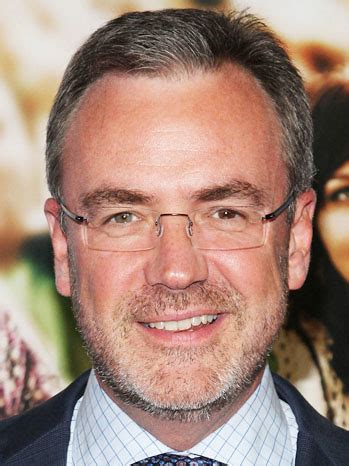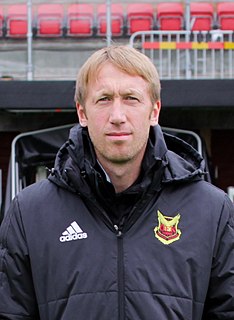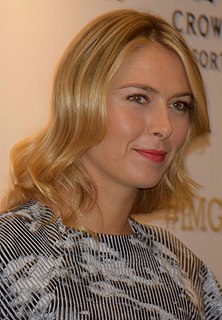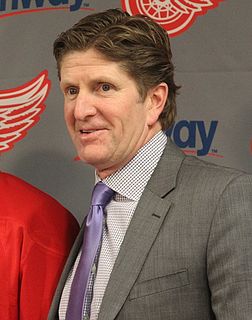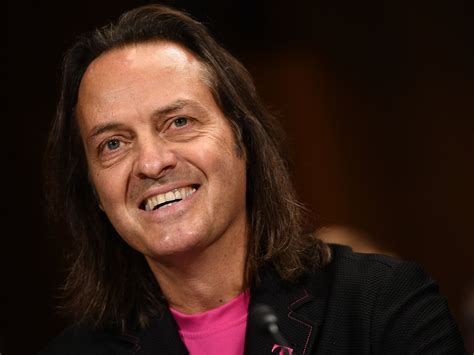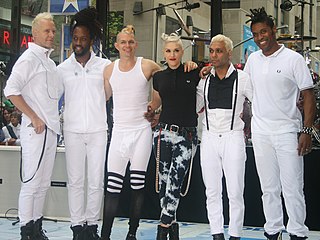A Quote by Ashton Kutcher
For me, the most entertaining evening would be to go sit with entrepreneurs and talk with them about how they're building their companies and how we can help to make them better. That's the one thing in the world - well, I love doing that.
Related Quotes
Some of you young folks been saying to me, "Hey Pops, what you mean 'What a wonderful world'? How about all them wars all over the place? You call them wonderful? And how about hunger and pollution? That aint so wonderful either." Well how about listening to old Pops for a minute. Seems to me, it aint the world that's so bad but what we're doin' to it. And all I'm saying is, see, what a wonderful world it would be if only we'd give it a chance. Love baby, love. That's the secret, yeah. If lots more of us loved each other, we'd solve lots more problems. And then this world would be a gasser.
I'm not one of these guys who begins the day thinking about what kind of an impact I can have. I instead think about it as what kind of work are we going to do today, how can we make the broadcast better, how can we work as a team, how can we draw on the resources of CBS overall and use them to make the 'Evening News' that much stronger.
They're human beings before they're footballers and it's important to understand how can I help them. What do they need? How can they feel part of this? How can they feel they're improving in their career, because my job is to help them get better, play better football, earn a better contract, whatever it is.
To me, the most shocking thing about grit is how little we know, how little science knows, about building it. Every day, parents and teachers ask me, 'How do I build grit in kids? What do I do to teach kids a solid work ethic? How do I keep them motivated for the long run?' The honest answer is, I don't know.
I'm process-orientated, and people say that about the details. But I love the players. My No. 1 job is to make them better men. My No. 2 job is to make them better at hockey, and I never confuse that. The best people I've ever been around in my life never let me get away with anything - ever. You can have all the details in the world, but if you can't communicate with people and find a way to help them help themselves, you have no chance in this league. To me, that's what the profession is about: getting guys to believe in themselves and each other.
I visit T-Mobile call centers. We've got about 18 major call centers in the US, and before I was CEO, I heard that no CEO had gone to physically visit them. I go in, they meet me outside, we take selfies as I stand like a piece of furniture, I tell them about how things are going - but most importantly, I say thank you and help them see that their behavior and their work has driven the culture of the company that's changed the industry and the whole world. It's a bit of a love affair.
...one of the most inventive forms of creative capitalism involves someone we all know very well. A few years ago, I was sitting in a bar here in Davos with Bono. Late at night, after a few drinks, he was on fire, talking about how we could get a percentage of each purchase from civic-minded companies to help change the world. He kept calling people, waking them up, and handing me the phone to show me the interest.
At the end of the day - the long day of your life - as people stand around your grave no one will talk about how big your house was, or how many cars you owned, or your boat or plane... they will only talk about ONE thing and ONE thing ONLY: LOVE! How much you loved them and how much they loved you. So the goal then is to live a life of love. That is all.
Why do we tell stories? It's because we want to connect to people, we want to tell them who we are, we want to tell them a story that affects us, that impacts us. And to help a young filmmaker doing a short or independent film is my testament, I think, is my desire to really make sure that our younger generations get passed along all the elders' experience and to literally have the image - to literally carry them on their shoulders and say, 'This is what the world is. This is how the world operates. Let me show you how.'



